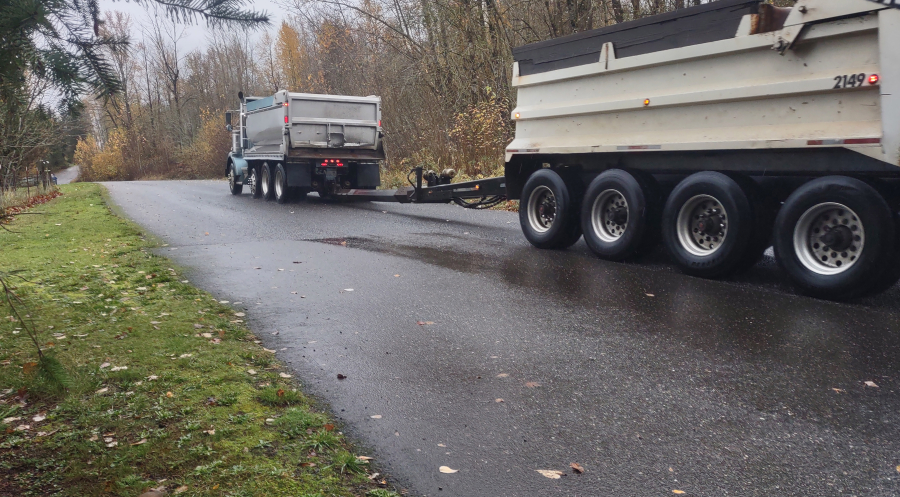Several months after denying a proposal from a Ridgefield-based mining company to redesignate a private residential road in rural Washougal as a public thoroughfare, the Clark County Council gave the request a second look.
But after nearly three hours of public testimony and discussion, Council members came to the same conclusion that they reached the first time.
During a public hearing on Dec. 2, the Council decided to stay with its decision to approve a recommendation from the County Public Works Director Ken Lader to deny a proposal from ZLP #5, LLC, to reclassify Southeast 356th Avenue as a public road, delivering another blow to the company’s long-standing hopes of resuming mining activity in the area.
“Aided by the 300-plus community members who submitted comments and provided powerful oral testimony, we exposed Zimmerly’s lies, dismantled their case and made it clear that this road dedication was simply not an option,” the nonprofit Gorge advocacy group Friends of the Columbia Gorge stated following the hearing. “By the end of the hearing, the Council had no choice but to let the proposal die a quiet death — without even taking a vote.”
At the end of the hearing, Councilor Sue Marshall said her “recommendation would be to take no action today and let our (previous) decision stand.”





